Serbia submits formal EU candidacy bid
President Boris Tadić this Tuesday in Stockholm, Sweden, submitted Serbia's application requesting that the country be granted EU candidate status.
Tuesday, 22.12.2009.
09:54

President Boris Tadic this Tuesday in Stockholm, Sweden, submitted Serbia's application requesting that the country be granted EU candidate status. Tadic submitted the formal bid to Swedish Prime Minister Fredrik Reinfeldt, whose country is currently presiding over the EU. Serbia submits formal EU candidacy bid The two officials were scheduled to address reporters together with EU Enlargement Commissioner Olli Rehn. Tadic said yesterday that he believed that Serbia's application would come at the best possible moment, although the county is yet to fulfil the requirements for the ratification of the "previous" step – the Stabilization and Association Agreement (SAA). The SAA was signed and immediately suspended in the spring of 2008. The EU recently unfroze the trade part of the agreement, which Serbia has been unilaterally implementing since the beginning of 2009. The SAA was suspended pending Belgrade's full cooperation with the Hague Tribunal. However, Swedish and Italian FMs Carl Bildt and Franco Frattini voiced their opinions on the timing of the candidacy application, and agreed that the time was right for Serbia to apply. Deputy PM Bozidar Djelic said that Serbia was aware that each next step "will have to come with a consensus of all EU members". Tadic hands over the application to join the EU to Swedish PM Fredrik Reinfeldt (Beta/AP) Procedure The Serbian government announced on Saturday that a decision had been made to apply for EU candidate status. According to the set procedure, the application is presented to the country that currently holds the EU presidency in its capital city. The status of candidate for membership is a step in the process of EU integration which follows the entry into effect of the Stabilization and Association Agreement or is taken during the process of its ratification. The application will be placed on the agenda of the EU Council of Ministers, and forwarded to the European Commission if it gets the approval of the ministers of all 27 EU member states. The EC will then send to Serbia a detailed questionnaire with 1,000 questions. The response to the application will be given after the applicant state answers all the questions. Memorandum Serbia's decision to file its EU candidacy application represents a result of strong commitment to the basic ideas, achievements and values of EU, a government memorandum that Tadic will present today in Stockholm says. Membership in the EU is Serbia’s strategic goal, the memorandum reads, and points out “Serbia’s sincere intentions to fully contribute to the tendency of the European people to establish European justice, freedoms, solidarity and safety.” “Like other countries, member-states of the EU, Serbia aspires to build a society in which most important values are plurality, tolerance, solidarity and prevention of discrimination,” the document states. The national and cultural identity of Serbia is a part of the joint cultural pattern of the EU based on the maxim, “united in diversity", according to the memorandum, which also points out that Serbia's heritage are common European values based on fundamental democratic principles. "Serbia wishes to contribute to the establishing of a functional, sustainable and efficient EU system by fulfilling the preconditions for the EU membership. Therefore, the process of EU accession will provide a strong impetus for the conclusion of the political and economic reforms in Serbia," the document stated. The memorandum also stressed the chronology of Serbia’s European integrations from October 5, 2000 until today, and stated that the best confirmation of the country’s European direction is the total of 17 elections on different levels that were organized after the democratic change – i.e., the ousting of the Milosevic regime. "Those parties which favor a European future won the majority of votes in all of the elections," the government stated and added that "the most convincing victory" was achieved in 2008 when presidential, parliamentary, provincial and local elections were held. The challenges are not completely behind us, the memorandum’s final part says, and adds that “Serbia’s responsible behavior in addressing the previous issues has made the country a reliable and predictable partner regardless of the challenges.“ “Serbia will not give up on the important national goals, but its commitment will always be democratic and institutional. Starting from this fact, Serbia’s admission to the EU would contribute to the stability of the region and encompassing a peace and security zone in Europe,” the government stated. "We believe that after almost a decade-long preparation, the level of relations has reached the point when a new phase can begin, aimed at Serbia's accession and full integration into EU." "Therefore we have decided to submit the application of the Republic of Serbia for the membership in the EU,” the document said, and added that the government was "devoted to fulfill clear and predefined criteria and aware that the road toward the membership will not be easy or fast", but that it also represents a basic way to "improve the interests of the citizens of Serbia, whose wellbeing is our prime obligation."
Serbia submits formal EU candidacy bid
The two officials were scheduled to address reporters together with EU Enlargement Commissioner Olli Rehn.Tadić said yesterday that he believed that Serbia's application would come at the best possible moment, although the county is yet to fulfil the requirements for the ratification of the "previous" step – the Stabilization and Association Agreement (SAA).
The SAA was signed and immediately suspended in the spring of 2008. The EU recently unfroze the trade part of the agreement, which Serbia has been unilaterally implementing since the beginning of 2009.
The SAA was suspended pending Belgrade's full cooperation with the Hague Tribunal.
However, Swedish and Italian FMs Carl Bildt and Franco Frattini voiced their opinions on the timing of the candidacy application, and agreed that the time was right for Serbia to apply.
Deputy PM Božidar Đelić said that Serbia was aware that each next step "will have to come with a consensus of all EU members".
Procedure
The Serbian government announced on Saturday that a decision had been made to apply for EU candidate status.According to the set procedure, the application is presented to the country that currently holds the EU presidency in its capital city.
The status of candidate for membership is a step in the process of EU integration which follows the entry into effect of the Stabilization and Association Agreement or is taken during the process of its ratification.
The application will be placed on the agenda of the EU Council of Ministers, and forwarded to the European Commission if it gets the approval of the ministers of all 27 EU member states.
The EC will then send to Serbia a detailed questionnaire with 1,000 questions.
The response to the application will be given after the applicant state answers all the questions.
Memorandum
Serbia's decision to file its EU candidacy application represents a result of strong commitment to the basic ideas, achievements and values of EU, a government memorandum that Tadić will present today in Stockholm says.Membership in the EU is Serbia’s strategic goal, the memorandum reads, and points out “Serbia’s sincere intentions to fully contribute to the tendency of the European people to establish European justice, freedoms, solidarity and safety.”
“Like other countries, member-states of the EU, Serbia aspires to build a society in which most important values are plurality, tolerance, solidarity and prevention of discrimination,” the document states.
The national and cultural identity of Serbia is a part of the joint cultural pattern of the EU based on the maxim, “united in diversity", according to the memorandum, which also points out that Serbia's heritage are common European values based on fundamental democratic principles.
"Serbia wishes to contribute to the establishing of a functional, sustainable and efficient EU system by fulfilling the preconditions for the EU membership. Therefore, the process of EU accession will provide a strong impetus for the conclusion of the political and economic reforms in Serbia," the document stated.
The memorandum also stressed the chronology of Serbia’s European integrations from October 5, 2000 until today, and stated that the best confirmation of the country’s European direction is the total of 17 elections on different levels that were organized after the democratic change – i.e., the ousting of the Milošević regime.
"Those parties which favor a European future won the majority of votes in all of the elections," the government stated and added that "the most convincing victory" was achieved in 2008 when presidential, parliamentary, provincial and local elections were held.
The challenges are not completely behind us, the memorandum’s final part says, and adds that “Serbia’s responsible behavior in addressing the previous issues has made the country a reliable and predictable partner regardless of the challenges.“
“Serbia will not give up on the important national goals, but its commitment will always be democratic and institutional. Starting from this fact, Serbia’s admission to the EU would contribute to the stability of the region and encompassing a peace and security zone in Europe,” the government stated.
"We believe that after almost a decade-long preparation, the level of relations has reached the point when a new phase can begin, aimed at Serbia's accession and full integration into EU."
"Therefore we have decided to submit the application of the Republic of Serbia for the membership in the EU,” the document said, and added that the government was "devoted to fulfill clear and predefined criteria and aware that the road toward the membership will not be easy or fast", but that it also represents a basic way to "improve the interests of the citizens of Serbia, whose wellbeing is our prime obligation."






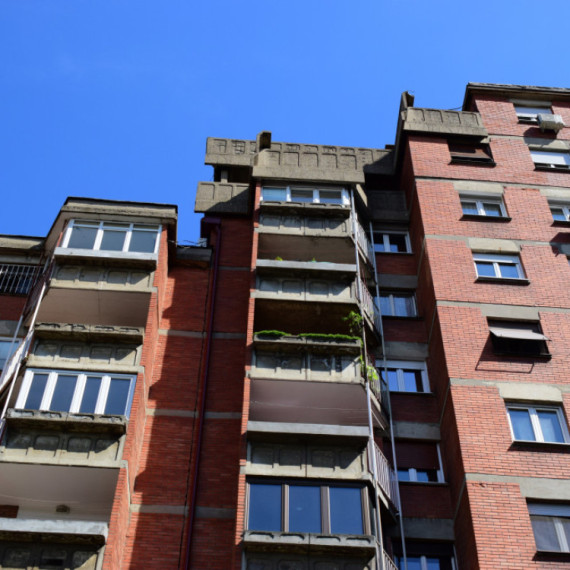




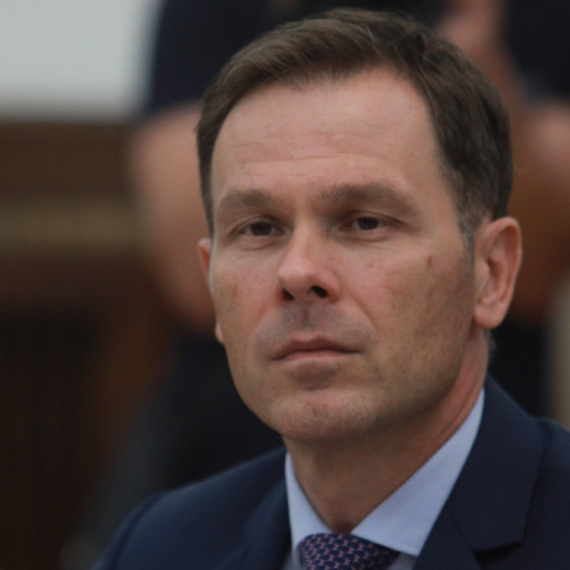
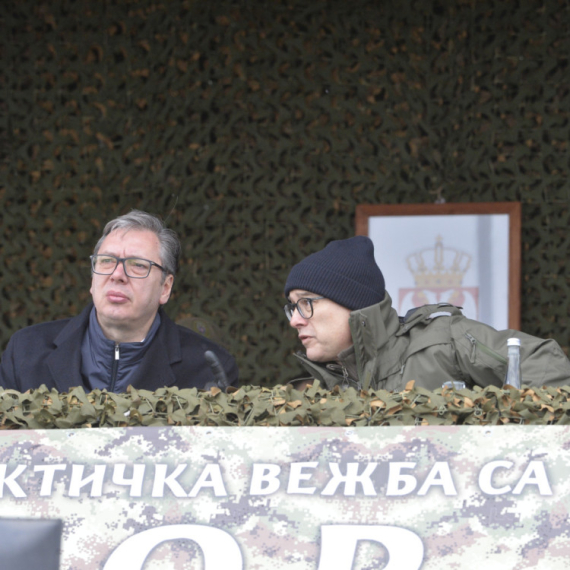


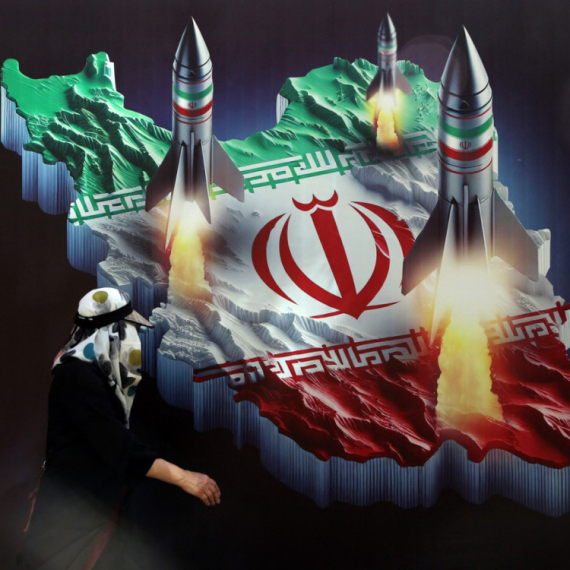












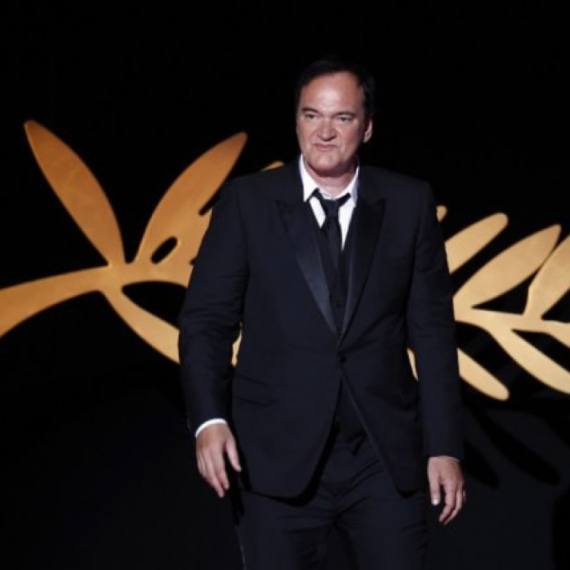













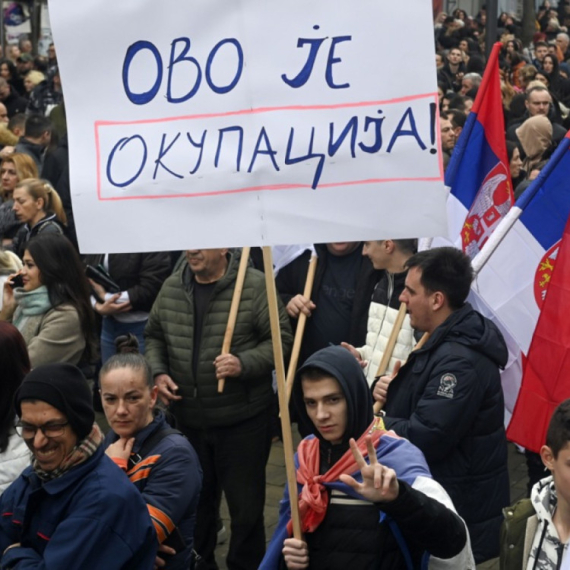






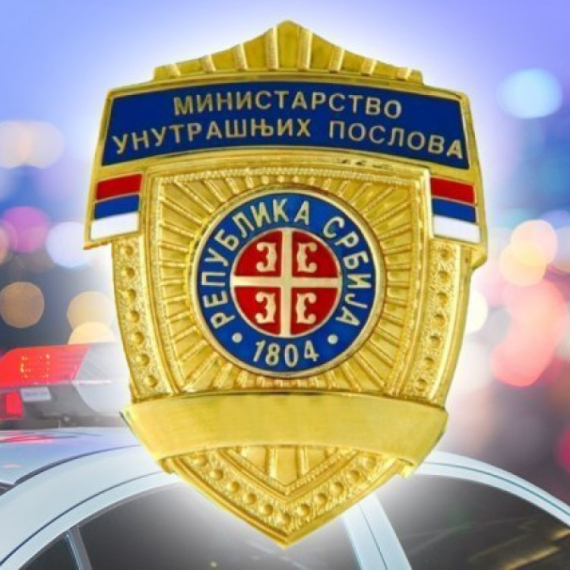





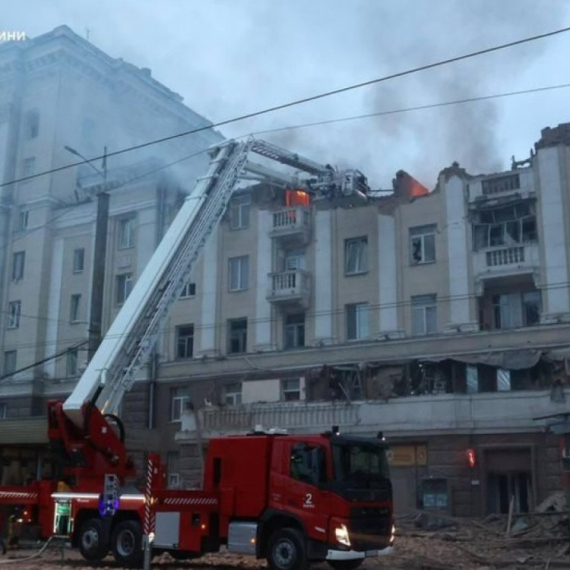
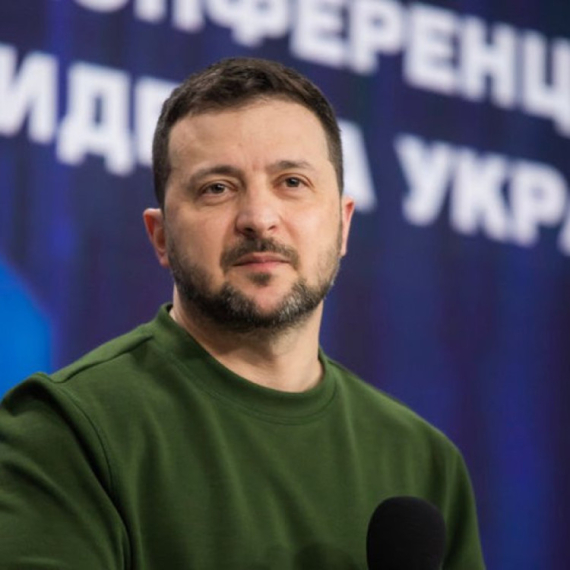


Komentari 36
Pogledaj komentare